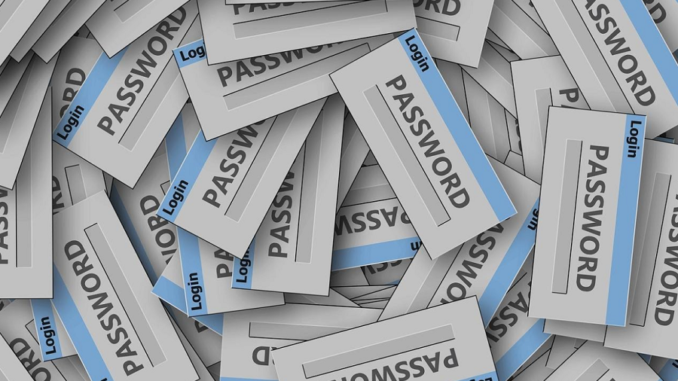
The COVID-19 pandemic not only changed the world but also allowed cybercriminals to become braver. In June of this year, ENISA, the European Union Agency for Cybersecurity, found that cyberattacks within Europe have doubled, raising alarms for businesses and citizens.
Now more than ever, strong passwords are essential. Unfortunately, many users don’t use strong passwords, nor do they know of current technological trends that would help strengthen their passwords (two-factor authentication, password generators, etc.). Today, let’s go over how you can secure your passwords starting today.
Tips to Help Secure Your Passwords
1. Using a Password Generator
Password generators have one job: generate secure passwords that no one could guess. Reputable password generators allow users to customize their future passwords, such as adding special symbols and adjusting the length.
Why are password generators recommended? It’s because the best password is one that even you don’t know.
2. Install a Password Manager Extension
Generating passwords that you don’t even know comes with a caveat: not remembering your passwords. And if you can’t even log in, then that strong password becomes inconvenient. This is where password managers come in.
Password managers are designed to store all of your passwords in one central “locker.” Accessing said locker requires a master password, so make sure you make your master password a strong one.
Password managers come with a few extra conveniences, such as automatic logins and the ability to organize websites into categories.
3. Enable Two-Factor Authentication
It takes more than a strong password to secure accounts nowadays, however, and that’s why more and more companies are adding two-factor authentication support to their accounts.
Two-factor authentication, simply known as 2FA, adds an extra layer of account security via one-time passcodes. When either you or a hacker attempts to log in to your account, a passcode will be sent to your email or phone number. This means that only you can access your account, even if your password is compromised.
How to Further Secure Your Online Activity
1. Use a VPN
If you’re the type of person that uses public networks frequently, then you’ll want to ensure that your data on those networks is encrypted; it’s as easy as ever for cybercriminals to steal your data via public networks. The best way of encrypting your data? Using a Virtual Private Network (VPN).
A VPN actively encrypts your device’s data, meaning it’s impossible for cybercriminals to see your presence on the network or steal your data while you’re on it. In other words, download a VPN, and you can browse the Internet protected.
2. Find Out if Your Passwords Have Been Stolen
Knowing whether or not your passwords have been stolen or are public knowledge is key to preventing account theft. Fortunately, sites like haveibeenpwned.com and breachalarm.com use your email to locate accounts with known passwords. These sites enable you to take a proactive approach to account security instead of a reactive one.
Conclusion
COVID-19 opened new avenues for cybercriminals to hack accounts and steal the data of unsuspecting users. Do not let yourself become their next victim. From password managers to VPNs, there are countless ways for you to secure your data.

Be the first to comment